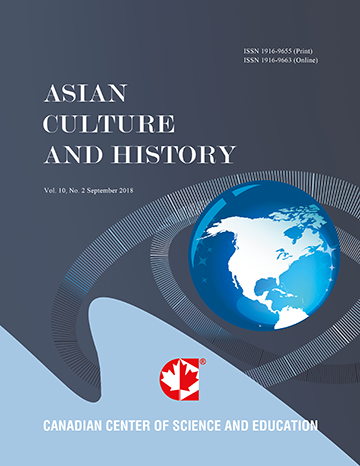Madness in Vernor Vinge’s the Rainbows End
- Bahareh Mohammadinasab
- Hossein Moradi
Abstract
The major objective of this study is to analysis the concept of madness in Vernor Vinge’s The Rainbows End by using Michel Foucault’s theory of madness. It is true that Michel Foucault in Madness and Civilization wishes to show us madness in different decades in the past. Having this in mind, I take Foucault’s theory of madness as a starting point for analysis of Vinge’s The Rainbows End of madness and reason. Furthermore, Vinge manifests the function of madness in 2025. The point is that the concept of madness has a crucial role in our understanding human potentiality during centuries. And Vernor Vinge exercises madman such as Robert who using the language of madness to manifest truth.
- Full Text:
 PDF
PDF
- DOI:10.5539/ach.v7n1p171
Journal Metrics
Google-based Impact Factor (2017): 5.42
h-index (January 2018): 11
i10-index (January 2018): 21
h5-index (January 2018): 6
h5-median (January 2018): 9
Index
- Academic Journals Database
- CNKI Scholar
- COPAC
- EconPapers
- Elektronische Zeitschriftenbibliothek (EZB)
- Excellence in Research for Australia (ERA)
- Genamics JournalSeek
- Google Scholar
- Infotrieve
- LOCKSS
- MIAR
- NewJour
- Open J-Gate
- PKP Open Archives Harvester
- Publons
- RePEc
- Scilit
- SHERPA/RoMEO
- Standard Periodical Directory
- Technische Informationsbibliothek (TIB)
- The Keepers Registry
- Universe Digital Library
- WorldCat
Contact
- Ivan YongEditorial Assistant
- ach@ccsenet.org
